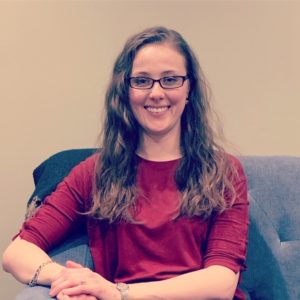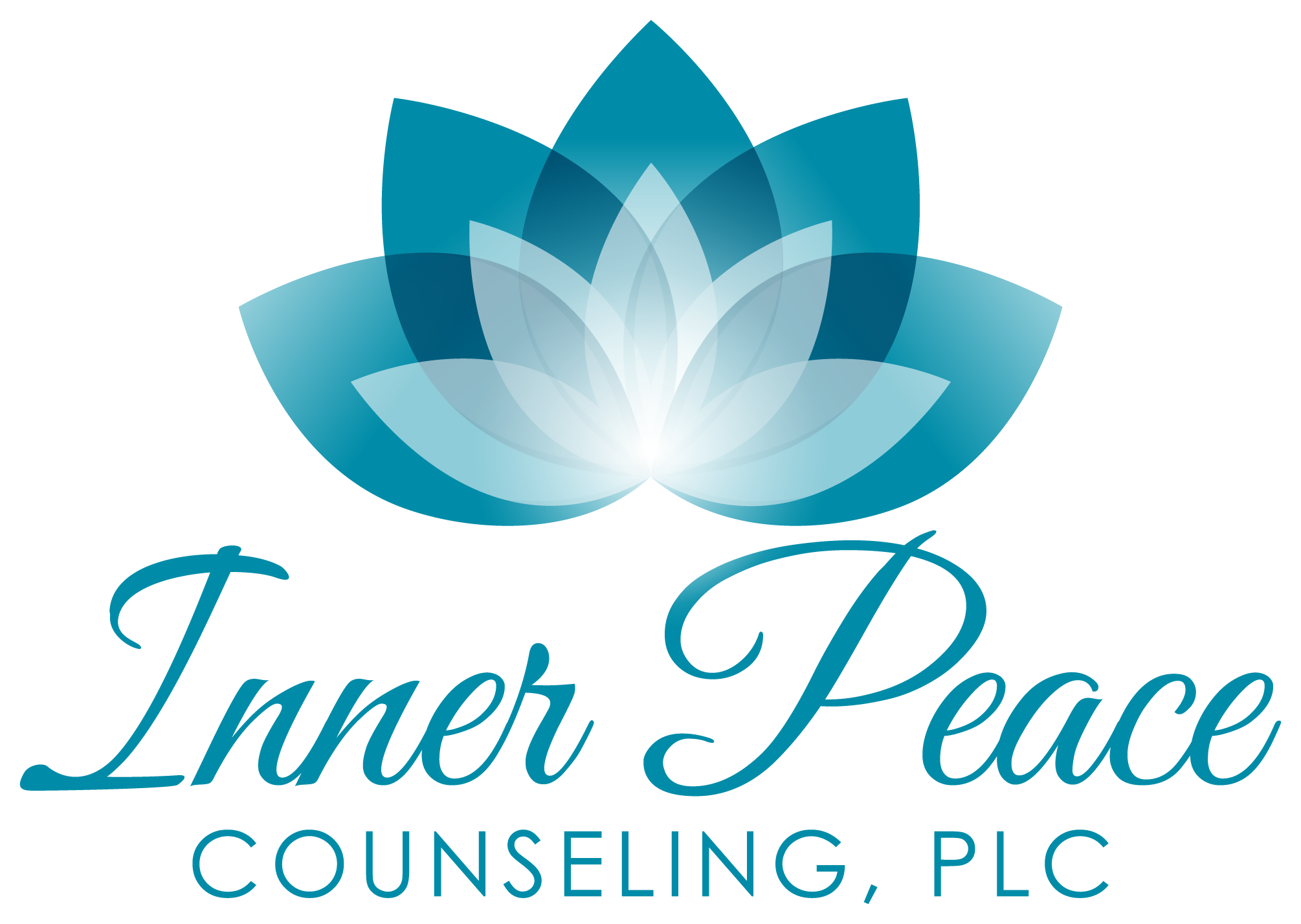The Missing Link in Disordered Eating and Food Addiction Treatment: The Spirit – Part 1

By: Ashley Carter Youngblood
Categories:
The Missing Link in Disordered Eating and Food Addiction Treatment: The Spirit – Part 1
Humans are different from other animals because we do not “feed.” We eat. So, we have an inherently unique relationship with food compared to all other life forms. And, when we introduce the addictive nature of certain processed foods and the tendency for us to behaviorally reinforce pleasurable experiences and avoid painful ones, we can have a recipe (excuse the pun!) for disordered eating and food addiction.
However, there is hope! Recovery from disordered eating and food addiction via returning to a healthy relationship with food merely requires us to look at our selves as a Whole person – mind, body, and Spirit. It is that simple. Yet so many “diets,” nutritional philosophies, and even therapeutic counseling interventions for food addiction and eating disorders miss this essential component. Instead, they try to convert us, through their religious-like fervor, into believing that their way is the only “right” way to recovery; meanwhile, avoiding the missing link to Wholeness in eating: Spirit.
Defining “Spirit”
“Spirit” does not mean religion. Nor do you have to believe in New Age philosophies or tarot cards (but, if you do, that is cool, too!). However, to heal, we must acknowledge that we are something greater than our bodies. We do things for reasons that relate to our bodies and immediate biological needs. But, there is an innate wisdom that keeps our heart pumping that is the same power that also allows for the rising and the setting of the sun.
“Spirit” is also the attitude with which we approach food and our bodies. If we struggle with self-worth related to literally taking up space in our world with our bodies or our voice, something especially common for women, we are going to have issues with disordered eating and food addiction. This is because how we view ourselves is also how we engage in other activities.
If we feel insecure about our body, we are unlikely to walk proudly with our shoulders back on the catwalk of life. Likewise, if we view ourselves and our bodies (or even our food!) as an inconvenience or nuisance, we also bring that same “Spirit” of eating to our food. We look, instead, to eat as quickly as possible as cheaply as possible.
So, instead of respecting ourselves by setting aside time to sit down in a posture with dignity to eat foods that support and nourish our bodies, we eat to fulfill some sort of urge or deeper longing that cannot actually be satisfied with food. Or, we dismiss our needs because we just “don’t have time.” How we do one thing is how we to everything – whether with confidence, fear, dismissal, or apology. The “Spirit” of our eating is no different.
Where to Start
Food is survival. But, given that we are complex creatures who eat not to just fulfil a biological imperative, food is also much more. Although we will lay a foundation of how to address the spiritual experience of eating here (and will explore specific ways to do this in “Part 2” and “Part 3” of this article), a resource to start with is the book “Nourishing Wisdom: A Mind-Body Approach to Nutrition and Well-Being” by Marc David, a nutritional psychologist. In the meantime, let us start with our foundation
Acceptance
Whatever we do in life, to fully heal, we must start at acceptance. The beginning and ending of all habits are in acceptance. However, when considering healing from disordered eating and food addiction, there are several areas of acceptance to keep in mind.
First, we are “imperfect” beings.
Second, change is inevitable. Death being the ultimate inevitable reality.
Third, there is no “perfect diet” or eating behavior that can change or prevent these things. Each nutritional philosophy has its own set of evidence and success stories that can “prove” them right; in addition to having “miraculous” stories of change via the use of those same diets. But, newsflash: You cannot diet, meditate, or exercise your way out of eventual illness or death. You are still mortal. And, our body will be different today than it was last year or even last week. So, what may be “perfect” now for your body will likely not be so in your next decade or even next month.
Fourth, we will make mistakes. We are human. You will have that binge. You will eat that food that you know is inflammatory. It is okay. Just bring awareness to the moment even when you know exactly what is going on. In awareness you will find freedom. Freedom from “food rules” and even freedom from the beliefs you did not know you had about food and about yourself.
The sooner we can acknowledge these realities and understand that we do not have to be defined by our relationship with food, the quicker we can move from the fear of eating. And, the sooner we let go of our fear and show ourselves unconditional self-love via this acceptance, the quicker we can heal from our disordered eating and food addiction and arrive in a place of joy in the experience of eating.
~Ashley Carter Youngblood, LMSW, LMFT, CADC, ADS, CIMHP
 Ashley Carter Youngblood is a licensed Clinical Social Worker, licensed Marriage and Family Therapist, and a Certified Integrative Mental Health Professional who has been in the field since 2007. She offers counseling at her woman-owned business, Inner Peace Counseling, PLC, for those in Kalamazoo, Portage, Mattawan, Battle Creek, Paw Paw, and the surrounding areas of Southwest Michigan. She is passionate about her work with clients, whether it’s providing individual counseling, couples counseling, family therapy, life coaching, or education about one of her growing passions and areas of expertise: the connection between nutrition and mental health. Her specialties include holistic healing/mindfulness, counseling for women, anxiety, couples counseling, and addictions/substance abuse.
Ashley Carter Youngblood is a licensed Clinical Social Worker, licensed Marriage and Family Therapist, and a Certified Integrative Mental Health Professional who has been in the field since 2007. She offers counseling at her woman-owned business, Inner Peace Counseling, PLC, for those in Kalamazoo, Portage, Mattawan, Battle Creek, Paw Paw, and the surrounding areas of Southwest Michigan. She is passionate about her work with clients, whether it’s providing individual counseling, couples counseling, family therapy, life coaching, or education about one of her growing passions and areas of expertise: the connection between nutrition and mental health. Her specialties include holistic healing/mindfulness, counseling for women, anxiety, couples counseling, and addictions/substance abuse.
I welcome you to contact me or leave any questions or feedback you have about this post. Please keep in mind that the above information is the opinion of an individual, should not be considered medical advice/treatment, and is for entertainment/educational purposes only. I write these blogs as an expression of my passion for wellness and with the hope to be able to help as many people as possible. So, for more information about how to safely navigate this website and to what terms you are agreeing upon use, visit my Disclaimer page. And, as always, if you are experiencing an emergency, contact 911 or present yourself to your nearest emergency room.
Thanks for reading.
